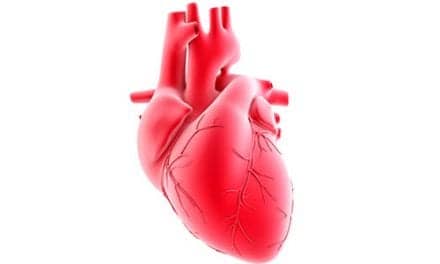A study presented at the European Respiratory Society International Congress shows that smoking reduces calorie intake, possibly modulated by its effect on levels of the hormone gherkin, reports Science Daily.
The aim of this study was to examine the acute effect of smoking and its abstinence on dietary intake, subjective feelings and hormones related to appetite. A small randomised crossover study was conducted, involving 14 healthy males who participated in two trials after overnight abstinence from smoking and food: the C-cig, where they smoked two cigarettes of their brand and the S-sham (control) where they held the cigarette as smoking without lighting it. Each trial lasted 15 min and after 45 min participants ate ad libitum (freely) a variety of snacks.
Dietary intake and at standard time points (t=0 mins, t=60 mins, t=150 mins) appetite feelings (hunger, satiety, desire to eat) and craving for smoking were recorded. Blood samples were collected and analysed for various hormones including obestatin, ghrelin, GLP-1, CCK and insulin.
The researchers found that smoking had an acute effect on dietary intake, reducing it by 152 calories — a statistically significant result. There was no intervention effect for taste preference (sweet or salty foods) or macronutrient intake. An intervention time effect on plasma ghrelin concentration was found (of borderline statistical significance), with ghrelin’s concentration being lower 60 min after S-sham, indicating more fullness and food consumption after the S-sham part of the study. There was no intervention effect for appetite feelings, obestatin, CCK, GLP-1 and insulin.










